- California Assembly OKs highest minimum wage in nation
- S. Korea unveils first graphic cigarette warnings
- US joins with South Korea, Japan in bid to deter North Korea
- LPGA golfer Chun In-gee finally back in action
- S. Korea won’t be top seed in final World Cup qualification round
- US men’s soccer misses 2nd straight Olympics
- US back on track in qualifying with 4-0 win over Guatemala
- High-intensity workout injuries spawn cottage industry
- CDC expands range of Zika mosquitoes into parts of Northeast
- Who knew? ‘The Walking Dead’ is helping families connect
No Tears for Rich Ting
A definitive All-American of Chinese and Japanese descent, a former Yale quarterback and the holder of a J.D. and MBA takes the Korean route to make Asians look cool.
By Tae Hong
Just what is Rich Ting, a definitive All-American of Chinese and Japanese descent, a former Yale quarterback and the holder of a J.D. and MBA, doing in the Korean entertainment industry?
It’s probably the question asked most of him, but he doesn’t seem to mind it so much on a quiet Tuesday afternoon inside an empty lounge next to the lobby of his Los Angeles apartment building, less than a day off the plane from his latest stay in Korea.
This is what he thinks of when he hears that question, and it’s something that’s stayed with him longer and louder than most things in life:
The wisdom of his Japanese best friend, who once told him after hearing about his plans to pursue a Hollywood career, “If you’re going to do this acting thing, just promise me one thing: Just make us look cool for once.”
“Us” is Asian Americans on television. And for Ting, a California native and fourth-generation Asian American who grew up wondering why TV had no role models to offer him, making Asians look cool is literally the driving force behind a career that has (so far) landed him smack dab in the middle of, if you’d believe it, South Korea.
And not just anywhere in the middle of it, but standing next to bonafide superstar Jang Dong-gun — whom he calls his “chin-han hyung,” or literally, close brother — at film screenings of “No Tears for the Dead,” the newest addition to acclaimed “Man From Nowhere” director Lee Jeong-beom’s filmography.
The thing about Rich Ting is that — to borrow the words of one Mr. Billy Zane — he’s always been a cool dude. That’s not a completely out-of-place nod to “Zoolander,” considering Ting’s modeling stints while he was in law/business school (on and off the runway, for brands like Gucci, Louis Vuitton, Dolce & Gabbana, Versace, Giorgio Armani and Calvin Klein).
Then there’s his secret identity as a radio DJ at a Connecticut hip-hop station during the same years he led his team to an Ivy League Championship victory as Yale University’s quarterback; the year he spent working at ESPN SportsCenter as a video guy; his move to the University of Hawaii, despite calls from both interested NFL scouts and from law schools at other Ivies, in pursuit of a dual J.D. and M.B.A. program; and even his rejection of job offers from big-money firms after graduation.
“I needed to find something that I loved that I was going to wake up for every day,” he says. “And I finally found it. It took me Yale, it took me law school, it took me business school, it took all this stuff. But I was like, you know what? Ever since I was a little kid, I’ve wanted to be on camera. And I’m going to do it now.”
-
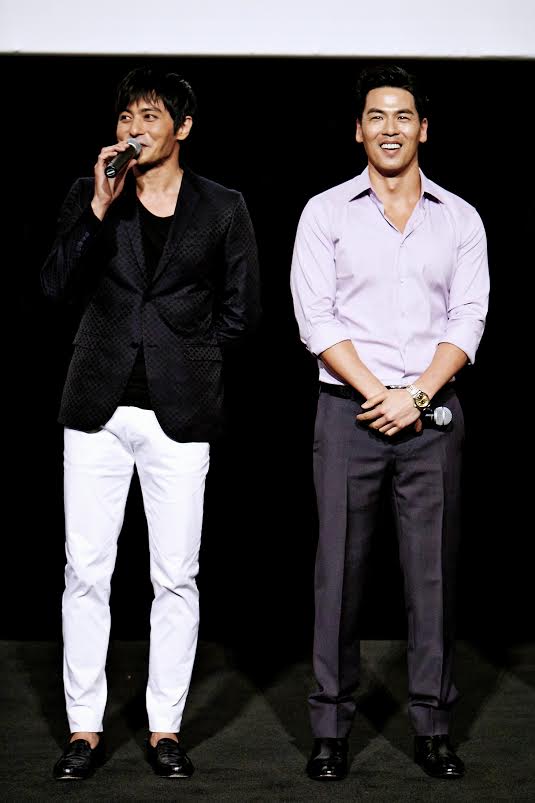
Rich Ting, right, at a film screening with Jang Dong-gun for “No Tears for the Dead.” (Courtesy of Rich Ting)
Ting woke up to sports every day as a kid under his father, who was for a time the head sports orthopaedic surgeon for the San Francisco 49ers, he says. His two younger brothers, twins Brandon and Ryan Ting, experienced much of the same training. They later went on to play football for the University of Southern California.
“We did not grow up playing music. We did not grow up going to Chinese [language] school or Japanese school,” Ting says. “It was athletics. It was football season, it was basketball season, it was track, it was baseball season, and then it was summer, which meant we were going to focus even more on sports, at the same time doing Taekwondo during the whole process.”
College brought changes. Through the Korean American students at Yale with whom he made fast friends — in part because they initially assumed, from his appearance, that he was Korean — he was introduced to K-pop culture, from music to dramas to films.
It was easy to feel an instant connection with the men he saw on Korean dramas and films, even while he played collegiate football. He identified with these men. That hadn’t been the case on American TV, where, with the exception of rare everyman actors like Will Yun Lee, Bruce Lee and Jackie Chan were the limits of Asian representation.
“The Yale School of Drama is such a well-known program, one of the top in the world,” he says. “I would walk by it every day, and I would be like, ‘Oh God. I so want to just do something.’”
-
Hollywood started with stunts for Ting, who found a healthy flow of work with his athletic, six-foot-one frame.
Equating his hours on set as a paid internship in Hollywood For Dummies, he appeared in high-profile projects with high-profile actors like “Salt” with Angelina Jolie, “Crank 2” with Jason Statham, “Gamer” with Gerard Butler and, to his K-drama fanboy excitement, “G.I. Joe: The Rise of Cobra” with Lee Byung-hun.
But seconds-long facetime as Unnamed CIA Agent or Senator Security Guard wasn’t Ting’s dream. He knew he had a disadvantage as an Asian American trying to break out in Hollywood, where Asians are seldom cast and where, when they are, they’re actors with already-existing overseas followings.
Ting remembers sitting in his car on the 101 Freeway and thinking, I need to go somewhere, make some noise, and come back. And his mind was set on Korea.
Where he ended up, naturally, was on the set of a government-sponsored film, “Huyen Su Thien Do,” celebrating 1,000 years of Hanoi in Vietnam as a foreign military general. He’d be there for two years, staying longer as one of the leading men in “Two Families,” a Korean-Vietnamese joint drama production by one of Korea’s major broadcasting stations, KBS.
While living in an area reminiscent of a Koreatown in Vietnam, Ting realized just how large the Hallyu wave had become.
“I realized that Southeast Asians are obsessed with Korean entertainment,” Ting said. “There were more Korean channels on television than Vietnamese channels. Everything from KBS1, KBS2, MBC, SBS, MTV Korea — everything was in Vietnam.”
In 2011, he was called into a Hollywood producer’s office in Santa Monica, where he was offered a role in an upcoming project by “Save the Last Dance” writer Duane Adler.
“There’s some girl named BoA who’s attached to it,” the producer told him.
That movie, “Make Your Move,” may have been a box-office disappointment, but what it did was connect Ting to a group of S.M. Entertainment artists like BoA, Super Junior’s Henry and Shim Jae-won, formerly of K-pop boy band Blackbeat, who, in many ways, made way for his acting career in Korea.
With BoA helping him set up meetings, Henry recommending a good Korean language school and Jae-won providing mental support, Ting packed up his bags and made a permanent move to Korea in 2012. Determination had set in — it was time to focus, time to give his all to finding success there.
“I don’t believe in doing something 50 percent,” he says. “I don’t believe in doing something 100 percent. I believe, if you do something 100 percent, you’re gonna get back 50 percent. You gotta go 150 just to get back anything close to 100. That’s just my mentality.”
That same year, he was called back stateside to play a Korean soldier, James Suh, in “Lone Survivor,” a star-studded film set in the Afghanistan war.
“What’s up, Rich,” Mark Wahlberg said from a seat to his left a few months later, on-location in New Mexico.
“What’s up, man,” Ting recalls responding, looking around.
He’d been surrounded by teenagers and students at language school in Korea. Now he sat, between Wahlberg and Eric Bana, next to Taylor Kitsch, Ben Foster, Emile Hirsch and Alexander Ludwig.
-
Months later, Ting found himself facing the biggest moment of his acting career: a speaking role — minor, but a speaking one — in a Korean drama, standing next to actor Lee Beom-soo, on the set of “IRIS 2.”
“Nice to meet you,” Ting says as a North Korean agent upon his first appearance in the series. That simple phrase gave him more hope and fulfillment than anything could have, he says.
“People had told me before, ‘Rich, you will never be able to speak Korean on camera. Korean Americans don’t speak because they have an accent, and no offense, but you’re not even Korean American and you haven’t been here long enough,” Ting says.
Small victories are big ones in Ting’s world, especially as he continues to acquaint audiences with his face and his name. In June, he debuted on the Korean silver screen as street-bred assassin Asing in the much-awaited “No Tears for the Dead.”
The film, for which he went through fight training alongside Jang at Seoul Action School, is only the beginning of a busy year for Ting. Among his many upcoming projects — which includes a Korean American film, “Seoul Searching” — is USA Network pilot “The Novice,” in which he displays his comical chops as a Korean gangster in Los Angeles’ Koreatown.
If chosen, the series, created by the same guys behind “Hell on Wheels” and starring Shane Coffey and Will Yun Lee, will be “revolutionary,” Ting says.
“The way [Lee and I] carry ourselves [in the series], the way we dress — we’re just regular, cool dudes. And that has not been depicted yet,” he says. “We don’t have weird accents. … I remember the impact Will has on me when I was a kid. I remember being like, ‘He’s just cool.’ I could relate. If I can have that impact on some little Asian American kid right now … because I remember how it felt not to have someone to look up to.”
While the series’ fate is still undecided, Ting is happy traveling back and forth between the U.S. and Korea, still never a lead, still auditioning. He’s still got Korean language lessons waiting for him via Skype after the interview, he says.
But not as a lawyer, a businessman, a football player, a model or a stuntman — as an actor.
His father used to tell a young Ting tired of schoolwork that studying and learning will never end. The idea seemed unreal then, but he’s come to understand the wisdom of those words. It’s not about school, his father was saying. It’s about life.
“I think I’m lucky to have found a profession in which I will never stop learning. It keeps waking me up every morning,” he says. “That’s all I’ve ever wanted to find. I love to sleep, but I realized that acting wakes me up.”








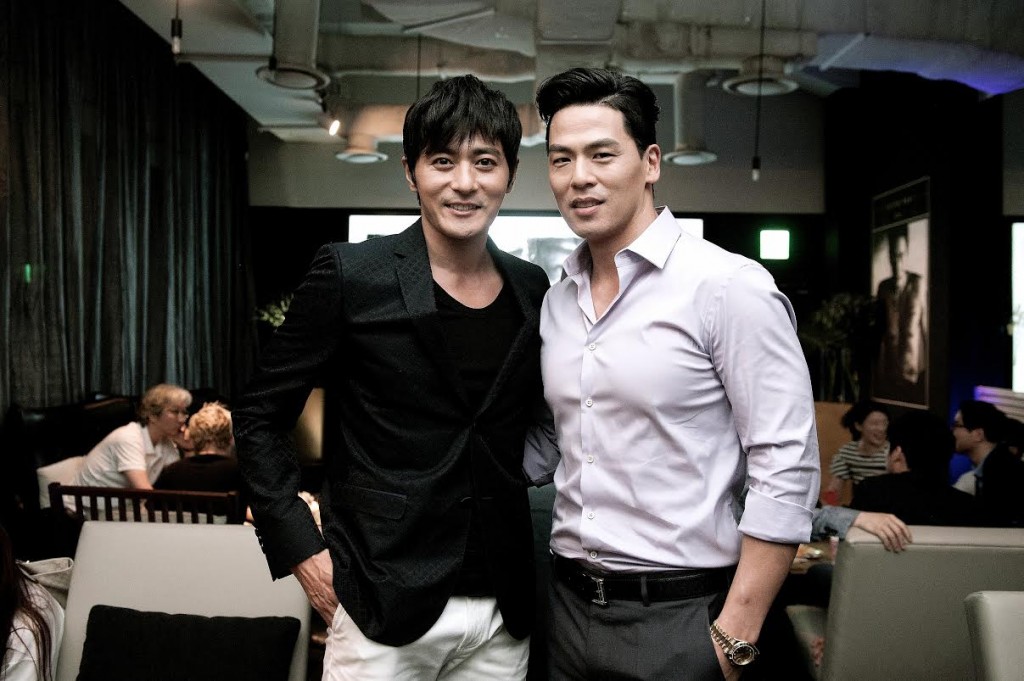

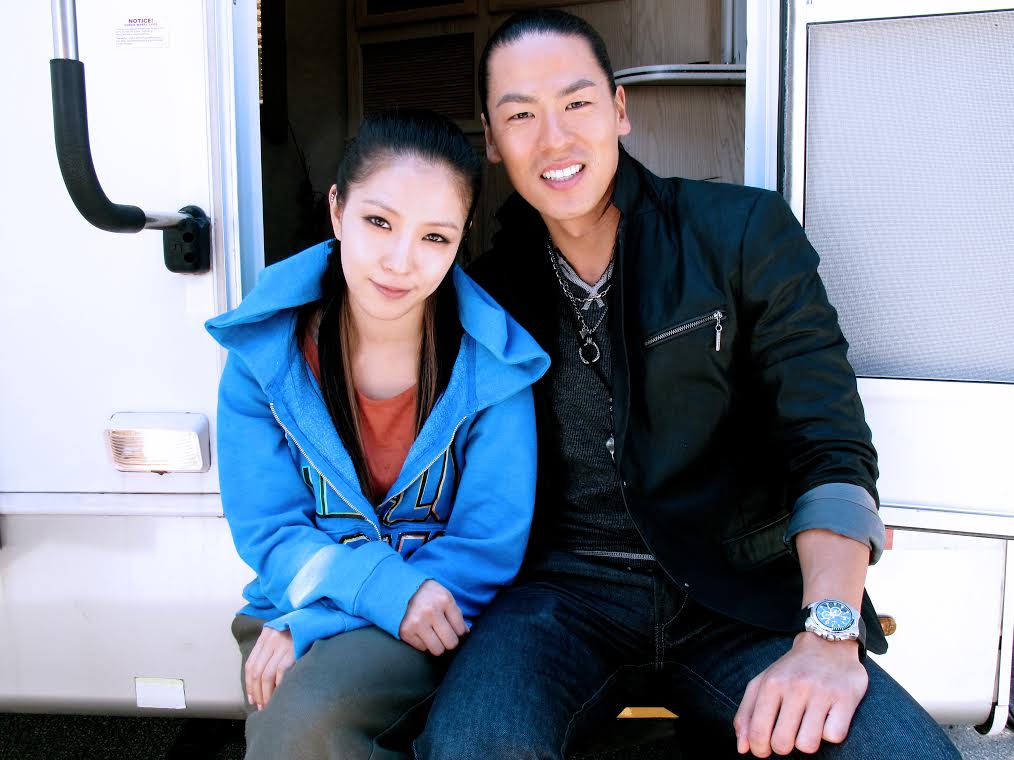
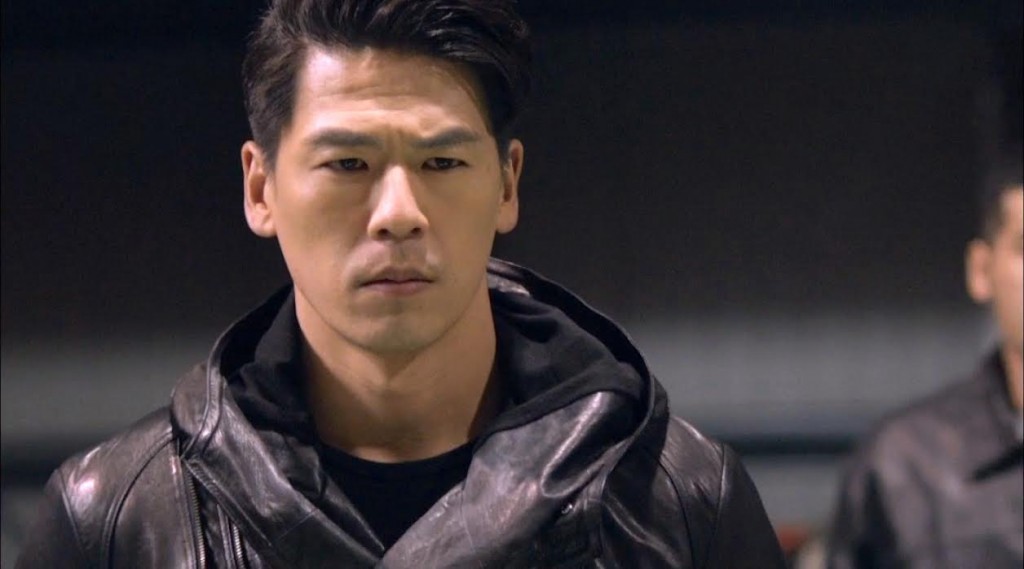

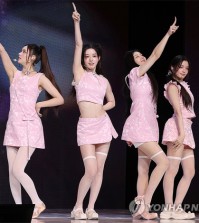

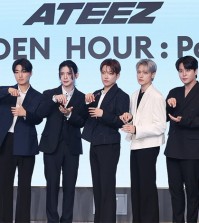





Rick Lennox
May 7, 2015 at 2:59 AM
This is a great piece of quality writing. I feel the points contained here are not only valid but extremely well-worded. Thank you so much.
For more on loan tips, you can check :- car loan rates
Pingback: Soo Shim Taekwondo | master -kickboxing classes
Pingback: Alexander Jeong Taekwondo | Self Defense tutorials
2017
October 23, 2017 at 7:08 PM
SpaceWeather.com — News and information about …